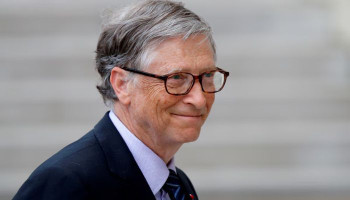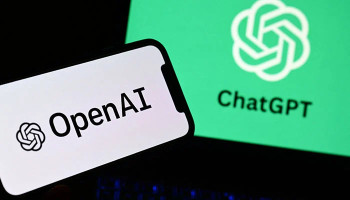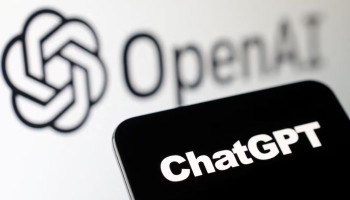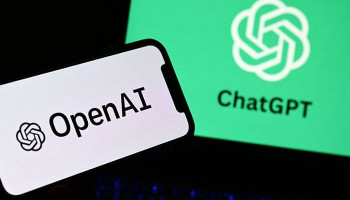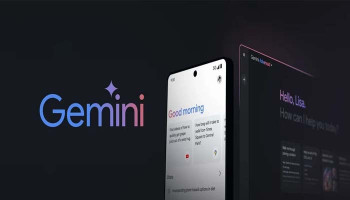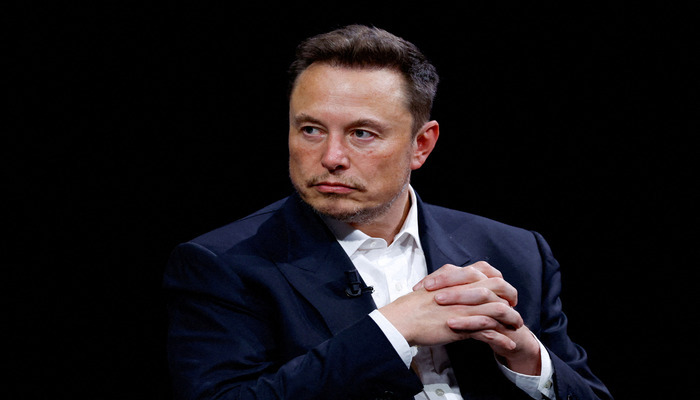
Apple has recently announced numerous AI features during its Worldwide Developers Conference 2024 event, including Apple Intelligence, the AI-driven enhancement of Siri, and several new operating systems including iOS 18, iPadOS 18, VisionOS 2, macOS Sequoia, and WatchOS 11. During the WWDC 2024 event the tech giant announced a partnership with OpenAI to integrate ChatGPT technology into its devices.
However, Elon Musk, the CEO of Tesla and SpaceX, has recently made a surprising announcement that he would ban Apple devices from his companies if Apple integrates OpenAI into its operating system. Musk shows concern about security and called the integration an "unacceptable security violation." But what does this mean for Apple and its users?
On Monday, Musk expressed that Tesla and SpaceX would prohibit the use of Apple devices if the Cupertino tech giant goes ahead with its plan to integrate OpenAI into its operating system. This means that employees and visitors would have to leave their Apple devices at the door, where they would be stored in a Faraday cage to prevent electronic communication.
Read more: WWDC 2024 — Apple announces macOS Sequoia with exciting new features
Apple has reassured the users that its AI developments will prioritise privacy and security through the use of on-device processing along with the cloud computing feature. Despite the reassurance, Musk is still not convinced and criticises Apple's reliance on OpenAI .
While this move of Musk may seem drastic, it highlights the concerns many people have about data security and privacy in the era of AI. Ben Bajarin, CEO of Creative Strategies, suggests that it is improbable others will adopt Musk's stance, as Apple's strategy involves educating users about the security of private cloud systems.
Musk's criticism is further complicated by his history with OpenAI, a company he co-founded in 2015. Earlier this year, he filed a lawsuit against OpenAI and its CEO, Sam Altman, accusing them of deviating from their original mission to create AI for the public good and instead pursuing profit-driven goals.





